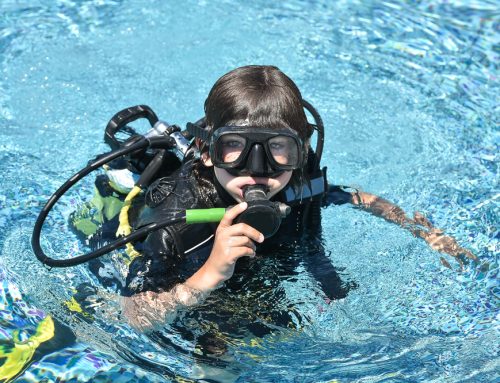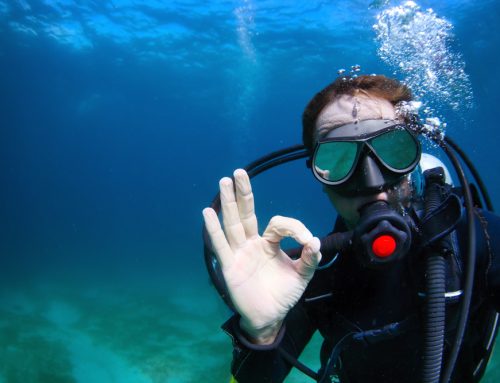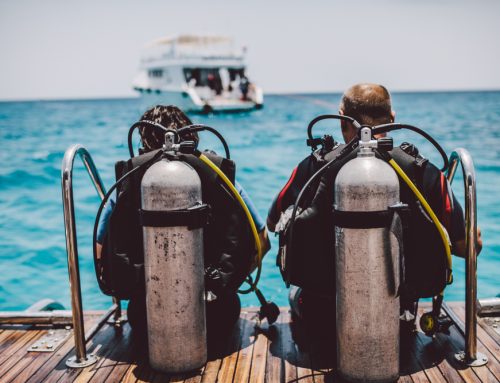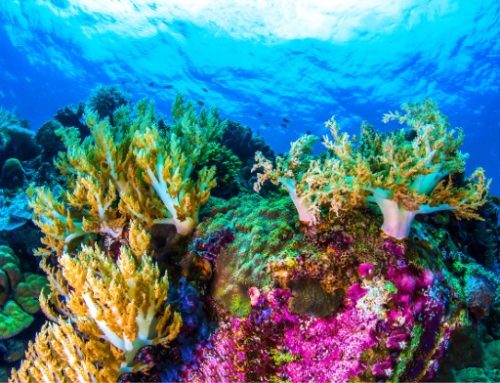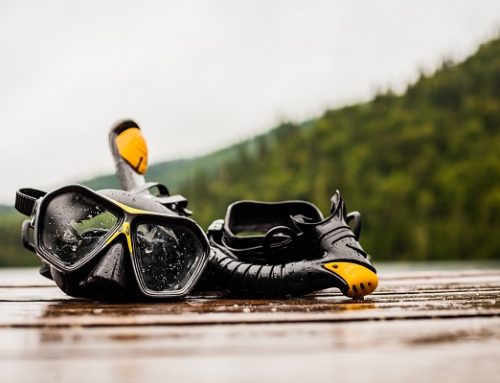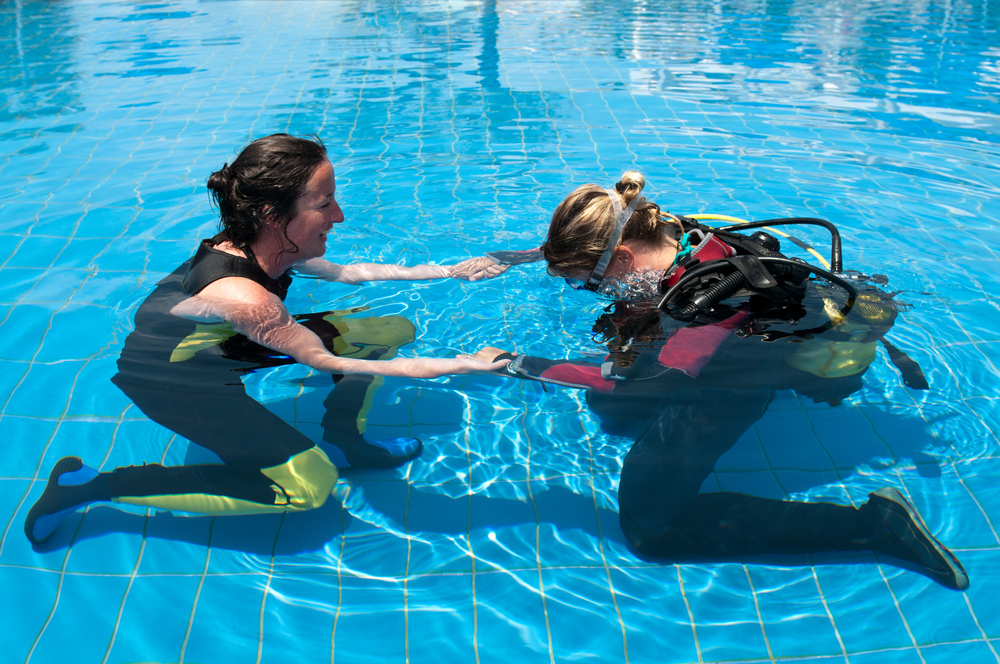
Recovering from a spinal cord injury is an often demanding journey, requiring a wide range of therapies for each affected area of the body. But a 2011 medical study revealed a new opportunity for those healing and adapting to life after a spinal cord injury: scuba diving.
The findings were quite dramatic: eight wheelchair-dependent veterans experienced significant developments by the end of a controlled study. Muscle spasticity, touch sensitivity and even high levels of PTSD all decreased. Since this study, the benefits of scuba diving have greatly assisted that seeking restorative spinal cord injury recovery in both body and mind.
Research Discoveries
The groundbreaking study was inspired by the findings of Cody Unser, a Transverse Myelitis sufferer determined to scuba dive alongside her family. In the process, she began experiencing unexpected improvements in both her psychological state and, more surprisingly to her, sensation in the lower half of her body. From here, she gathered others with spinal cord injuries, only to discover similar findings. Soon after, she launched the Cody Unser First Step Foundation and pushed for medically backed funding.
By 2011, Johns Hopkins University invited 10 veterans with spinal cord injuries to experience the benefits of scuba diving alongside a control group. Across the eight members who completed the study, PTSD symptoms lowered by an astonishing 80% by the end of the experience. Light touch sensitivity returned by an average of 10%, while pinprick awareness increased by an average of 5%. Additionally, participants found a 15% decrease of muscle spasticity across the board.
Real Results
Researchers had several hunches about these initial findings. While scuba diving, the vast increase of nitrogen sent into the bloodstream may have interacted with the emotion-boosting serotonin, which they suspect lead to spinal cord improvements and PTSD support. Dr. Adam Kaplin of the study suggested that pairing this factor with the weightless buoyancy of floating improved each patient’s ability to breathe, thus increasing the oxygenation of the body’s tissues.
These findings revolutionized the benefits of scuba diving, which is now regularly used to treat PTSD, muscle weakness, and touch sensitivity throughout the world.
Experience the Healing Benefits of Scuba Diving
Divers with spinal cord injuries can complete buoyant resistance training – a therapy that provides respiratory and circulatory support, a low impact environment for movement, and countless additional benefits.
If you or a loved one is experiencing the effects of a spinal cord injury, the dedicated and highly experienced team of A-1 Scuba welcomes you to our participate in one of our monthly (free) Adaptive Try Scuba Diving Experience at our facility in Littleton, Colorado. The facility is adaptive friendly with an elevator, ADA approved bathroom, ceiling lift for easy pool entry and trained staff.
For more than four decades, A-1 Scuba has specialized in training and helping people with various disabilities experience the healing powers and freedom of scuba diving.


